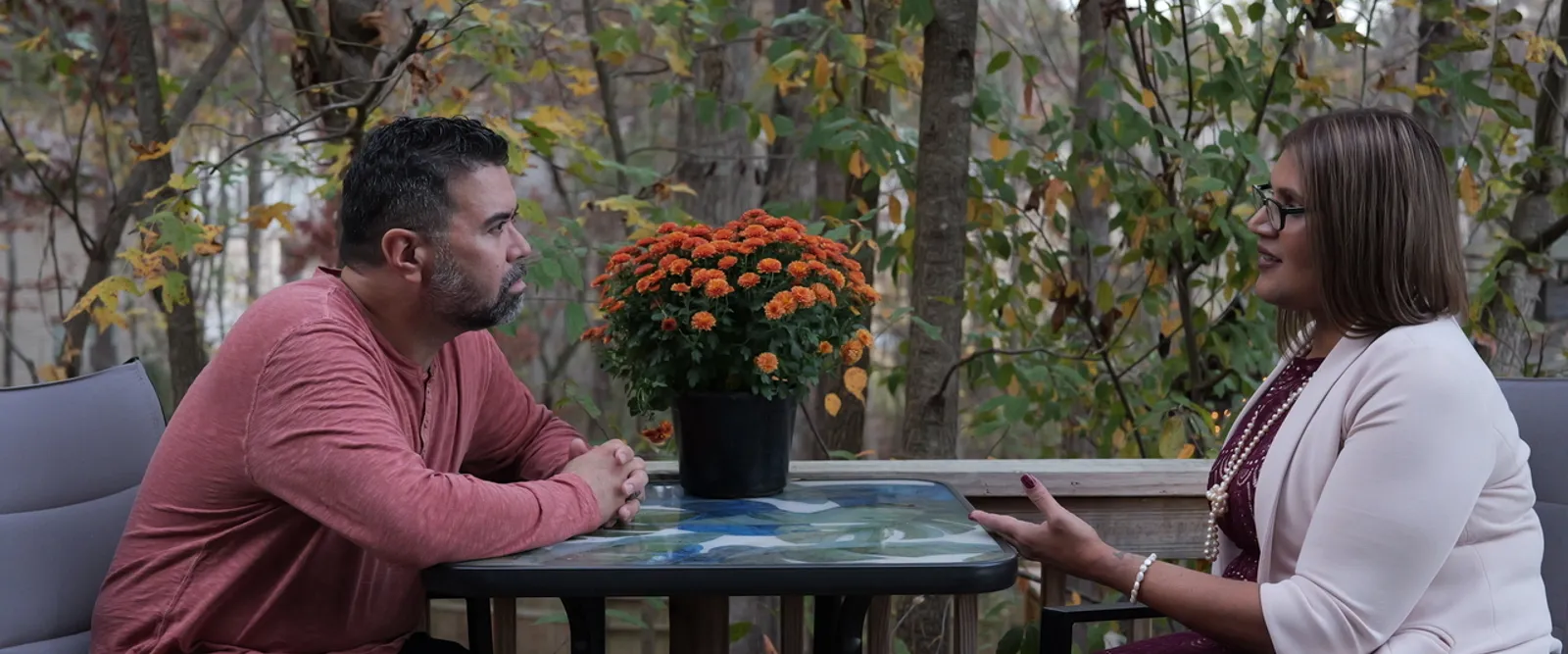Ask for specific help
Though making a specific ask when you're going through difficult times might feel strange, well-intentioned friends who say “Let me know if I can do anything” will be glad to have a clear idea of how to be helpful. If you aren’t sure where to start, consider: Practical support: errands, cooking, babysitting, etc.; Social/well-being activities: taking a walk, going to coffee or lunch, etc.; Emotional support: spending time together—to talk, or just spend time together.

